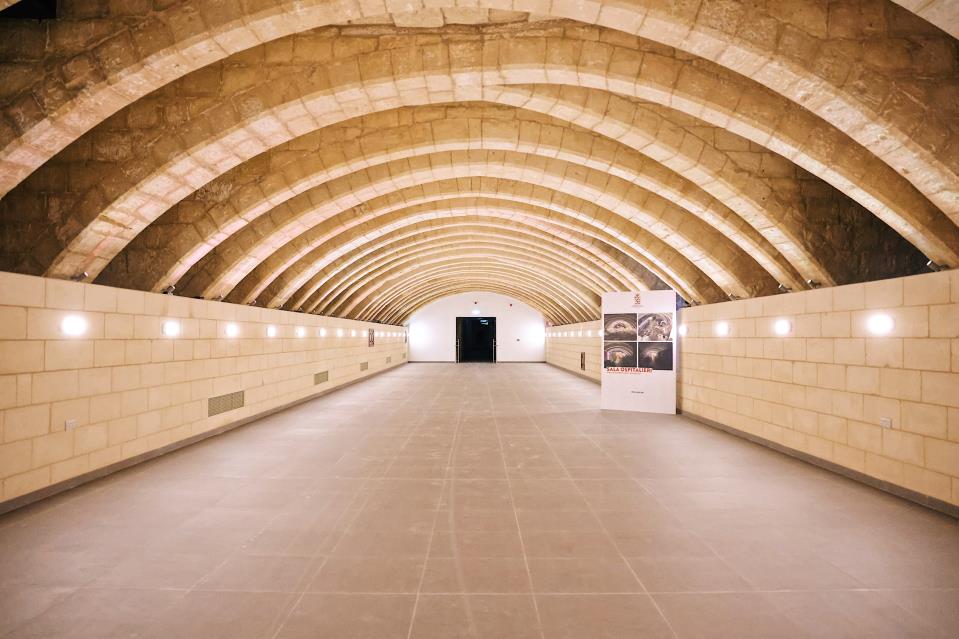Prime Minister Robert Abela said Thursday that the investment government has made towards Valletta has transformed the capital city, which was found to be in a “disastrous state” 11 years ago.
Abela was speaking in at the inauguration of the restoration and modernisation project of the Mediterranean Conference Centre (MCC) in Valletta, during which he said that 11 years ago, one would go out in Valletta to find it in “total darkness.”
He addressed the concerns of Valletta residents on the commercialisation of the city, where he said that all residents want a lively Valletta, but they also want that activities are done with respect to them.
Investment for economic growth and attracting tourism in Valletta should not be done at the expense of the resident’s quality of life, Abela said, and appealed to businesses to consider residents’ needs.
Abela mentioned the need for more parking spaces in Valletta, especially for residents, noting that there are those who are non-residents who are occupying the parking spaces reserved for Valletta residents.
He also spoke about the issue of loud music in the city, where he said that he will be ensuring that authorities take action over high levels of music after 11pm, and that no business should be given permission to “do whatever they want.” Abela said that the law is clear on this.

On the MCC restoration project, Abela described the building as one of the most beautiful in Malta, and the restoration project was done with the highest of standards, taking 10 years to finally complete.
The restoration project was done in collaboration with the private sector to acquire the needed capital.
“To attract more quality conferences, there was the need for this investment at MCC,” Abela said, mentioning that in the past, many projects needed to be cancelled due to decisions which discouraged investment due to excess bureaucracy.
Abela went on to mention that Malta is enjoying great economic growth, while other European countries are undergoing a recession.
He described the MCC as the jewel of the Mediterranean, with more significance now considering the geo-political tensions in the area.
Tourism Minister Clayton Bartolo said that the MCC is a cultural and tourism asset which has held several important international conferences and concerts.
Around 800 metres of space was not being utilised, and through the restoration efforts, these will be open to the public and tourists alike.
Bartolo said that the MCC has the capacity to continue attracting a niche tourism, organising conferences and events in which the people in attendance would show that the expenditure in the country is better than others.
He said that the expenditure of tourists is crucial, and mentioned that last year, the MCC launched its first musical production, that of Caravaggio, which was a success.
Bartolo said that the vision for tourism must be based on quality, sustainability and innovation, beyond just hotels and restaurants, as tourism has much to offer in new investments.
CEO of the MCC Pierre Fenech said that the project, which took more than nine years to complete, was a historic journey to give the people a better Mediterranean Centre.
He said that they had been advised that there were ceilings and structures which were on the verge of collapsing due to a lack of maintenance, several spaces were in a disastrous state and inaccessible to the public, as well as air conditioning systems operating with prohibited gasses, causing noise pollution as well as inefficiency among other issues.
Fenech said that the centre was operating in an illegal manner, having had seven electricity metres, when the legal limit for each building is one.
He said that centres’ team, along with government, moved forward with determination on a historic journey to provide a better MCC than they had found. Fenech thanked the Superintendence of Cultural Heritage for its work, as well as other contributing members.